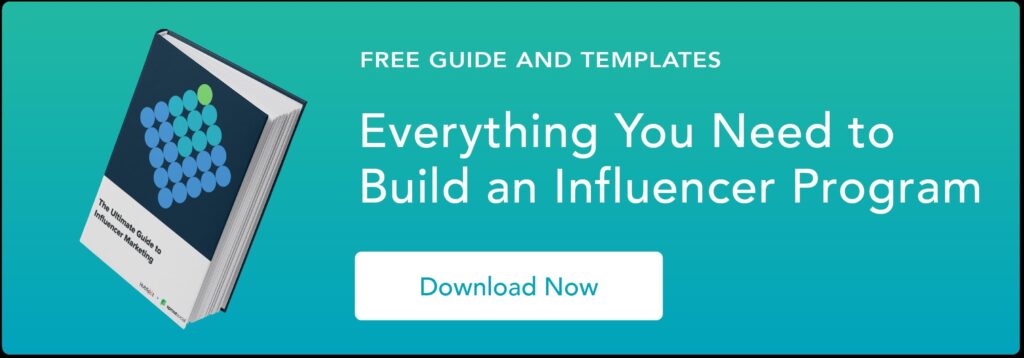The Rise of Micro-Influencers in B2B Marketing: Niche Voices Create Big Impact
By Lee Odden
When most marketers think about influencer marketing, they still picture big names, huge audiences, and a certain element of celebrity or notoriety. That kind of popularity works well in consumer marketing where a numbers game of reach the most eyeballs possible can translate to awareness and conversions. But in B2B marketing, where decisions are complex and buying committees are diverse, reach without relevance rarely delivers the kind of results brands expect.
That’s where micro-influencers come in.
Research shared by Emarketer says that B2B marketers see the most success with influencers or content creators that are micro-influencers vs. mega, macro or nano influencers.
Micro-influencers, often defined as individuals with between 1,000 and 50,000 followers, bring a level of focus and credibility that larger personalities sometimes lack. That is not to say there is not a place for macro or celebrity level business influencers in B2B marketing, especially when goals are primarily awareness focused. But when it comes to engagement and connecting with specific audiences, tapping the long tail of influence through micro-influencers can be highly effective.
When it comes to engagement and conversion, micro-influencers can play a very special role for B2B marketing efforts. Micro-influencers are subject matter experts, niche community leaders, trusted voices inside technical disciplines, and respected practitioners. For B2B marketers that are looking to build trust, and influence purchase decisions, micro-influencers can provide an opportunity to engage in more meaningful ways.
What makes micro-influencers valuable for B2B marketing?
The value of a micro-influencer isn’t the size of their audience, but in the quality of relationship they have with that audience. These are individuals who have earned their following through creating value from first-hand experience, deep expertise, and active participation in their communities.
In B2B categories like cybersecurity, supply chain tech, HR software, and cloud infrastructure, buyers are often skeptical of generic messaging, formal brand marketing content and increasingly, any content that appears AI-generated. They look for voices they trust.
Because their audiences are smaller and more targeted, micro-influencers tend to engage more deeply with followers. They answer questions. They participate in comment threads. They show up at events and contribute to discussions. That kind of interaction is difficult to scale, and that is exactly why it matters.
At TopRank Marketing, we have seen firsthand how partnering with micro-influencers helps B2B brands reach the right people in the right context. Whether that’s a niche LinkedIn group, an industry-specific newsletter, a podcast, or a Slack channel rich with practitioners, micro-influencers can often unlock access that broader campaigns cannot.
When reach isn’t enough for your influencer marketing
Most B2B buying decisions involve multiple stakeholders. Research from Gartner shows the average buying group includes six to ten people, each bringing their own priorities and questions to the process. These buyers are not looking to be sold to. They are looking for useful insights, credible perspectives, and answers to specific problems.
Macro-influencers might generate impressions, but micro-influencers can drive consideration and trust. What makes them influential is that they speak the language of the buyer. They understand the technical and …read more
Source:: Top Rank Blog








